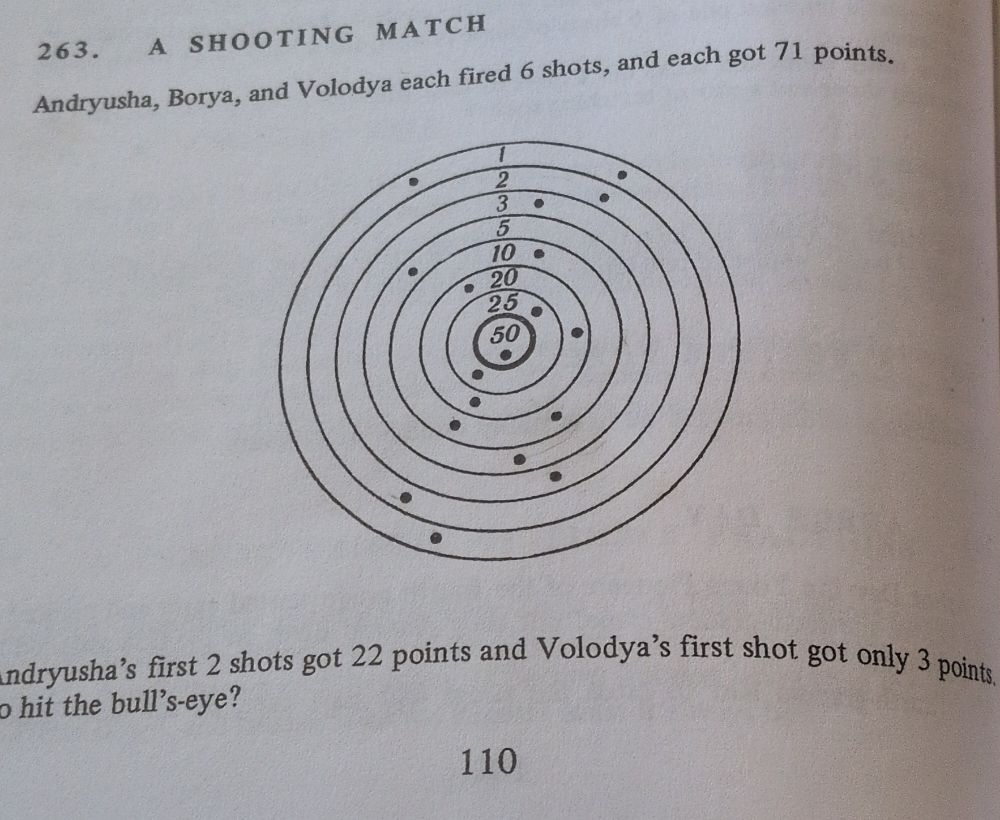

I am not a programmer and I think it’s silly to think that AI will replace developers.
But I was working through a math problem in Moscow Puzzles with my kiddo.

We had solved it, but I wasn’t sure he got it at a deep level. So I figured I’d do something in Excel or maybe just do cut outs. But I figured I’d try to find a web app that would do this better. Nothing really came up that was a good match. But then thought, let’s see how bad AI programming can be. I’d fought with it over some excel functions and it’s been mainly useful in pointing me in the right direction, but only occasionally getting me over the finish line.
After about 6 to 8 hours of work, a little debugging, havinf teach and quiz me occasionally, and some real frustration of pointing out that the feature previously changed and re-emeged, I eventually had something that worked.
The Shooting Range Simulator is a web-based application designed to help users solve a logic puzzle involving scoring points by placing blocks on vertical number lines.
A buddy developer friend of mine said: “I took a quick scroll through the code. Looks pretty clean, but I didn’t dive in enough to really understand it. Definitely all that css BS would take me ages to do without AI.”
I don’t take credit for this and don’t pretend that this was my work, but I know my kiddo is excited to try the tool. I hope he learns from it and we bond over a math problem.
I know that everyone is worried about this tool, but moments like those are not nothing. Personally, I’m a Luddite and think the new tools should be deployed by the people’s livelihood it will effect and not the business owners.

Sorry for the long delay. I think engaging with the material and what you wrote requires some reflection time and, unfortunately, my time for that is limited these days. And so while I was hoping to offer a more robust response after having read the links you provided, I think engagement was more necessary to keep the conversation fresh even if I’ve only had a glance at the material.
The brain in the dish study seems to be interesting and raised new questions for me. “What is a brain?” comes to mind. For me, I have a novice level understanding of the structures of the brain and the role in neurotransmitters, hormones, neuron structures, etc. But I’ve never really examined what a brain is and how it is something more than or other than it’s component parts and their operations.
Some other questions would be:
So those are some of the initial thoughts I had and would read the paper to see if the authors are even raising that question in their paper.
But more fundamentally, we still have to examine the mind-body problem. Recontextualizing it to a CPM, “what is the relationship between a CPM and either the brain or the mind?” I am unclear if the CPM is a mental or physical phenomena. There seems to be a certainty that the CPM is part of the brain, but the entirety of it’s output is non-physical. I imagine that we assume a narrative where the brain in the dish is creating a CPM because it demonstrates learning, adaptive behavior based upon external stimuli.
Ultimately, I bring it back to a framing question. Why choose weak emergence prematurely? It limits our investigation and imagination.
Well… that’s my set of issues. I’ll try to find time to read those articles in the next few days!
Cheers!